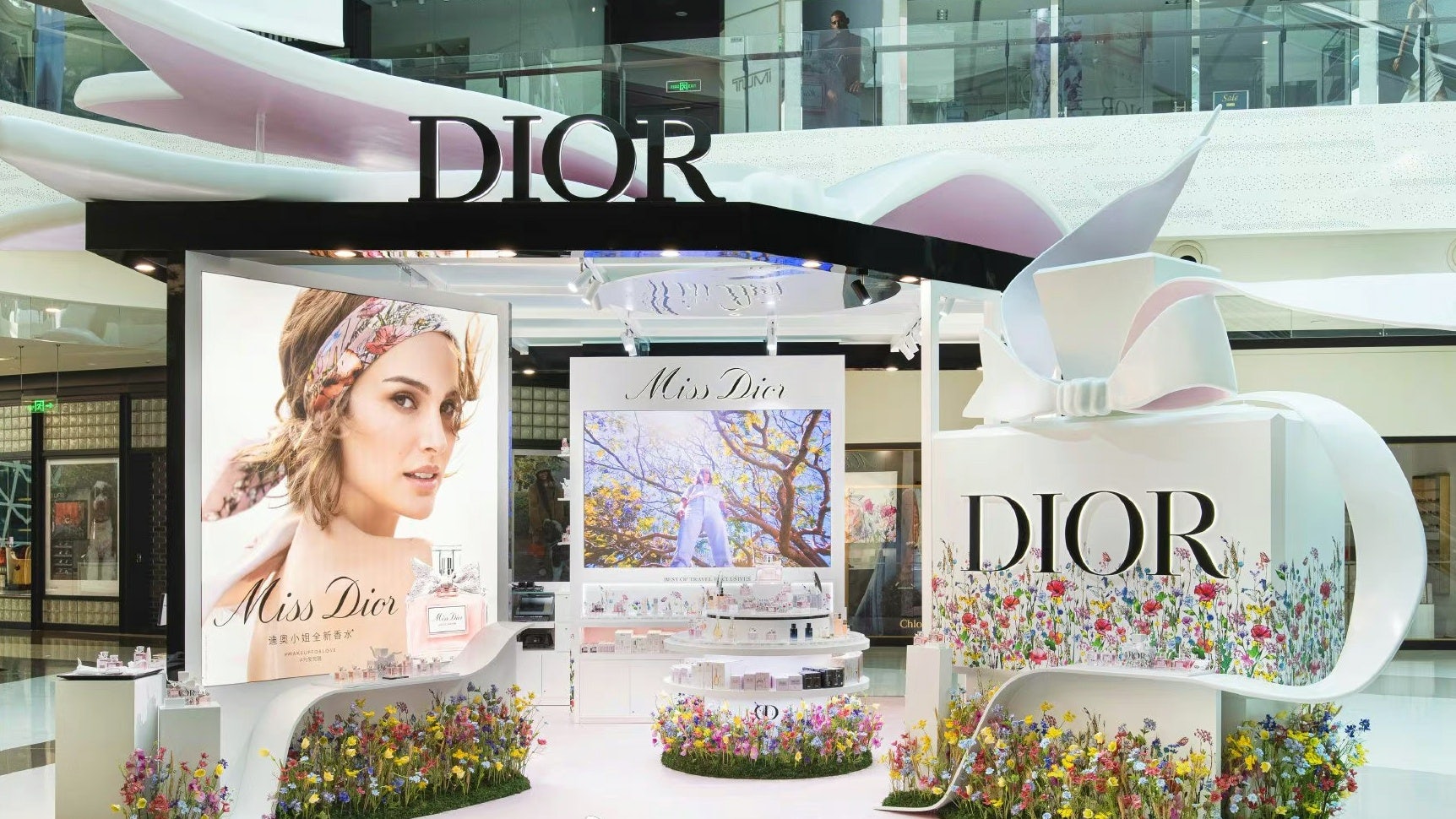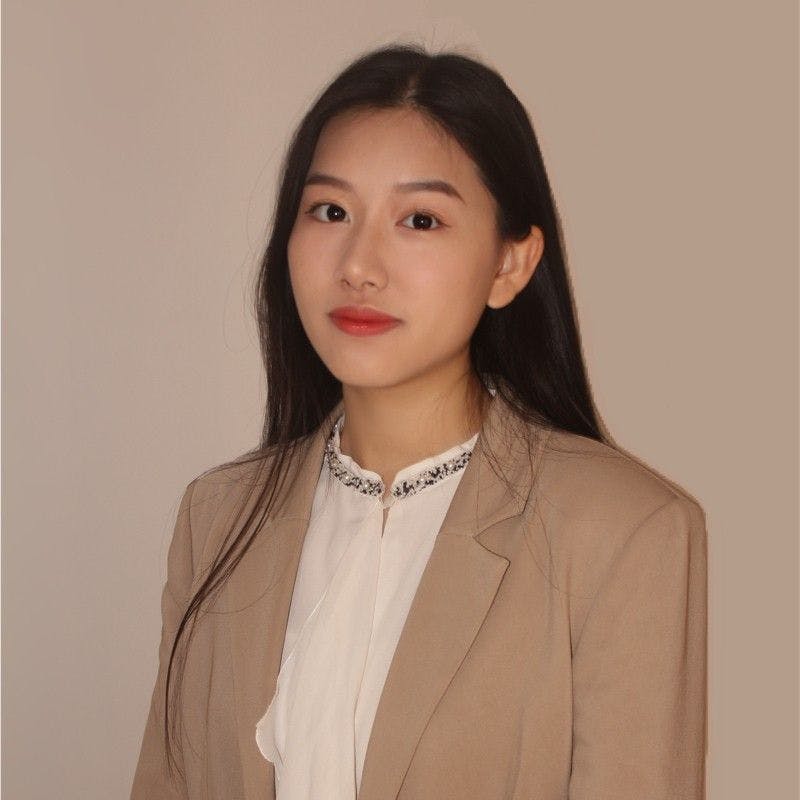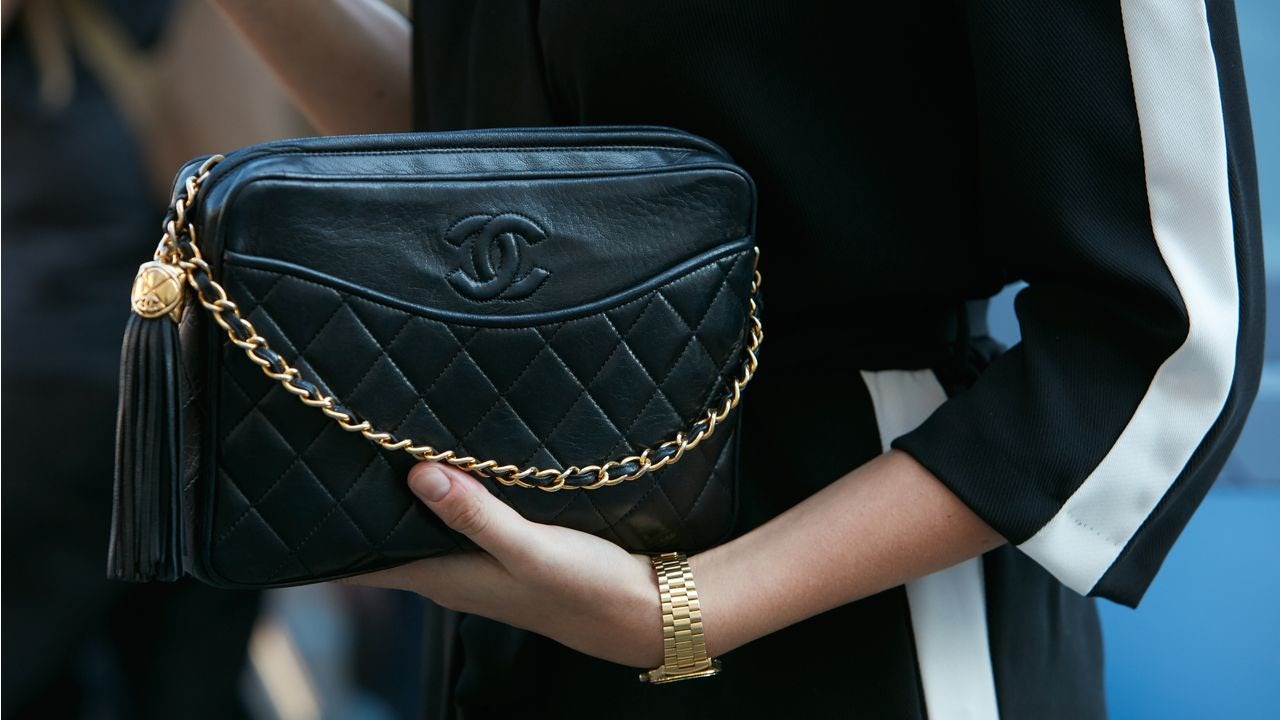“I mean, for your image, there is nothing worse. It’s dreadful” said Bernard Arnault, LVMH’s chairman and CEO, during the company’s 2022 annual earnings call in January referring to the daigou trade in cosmetics.
Over the past three years, the South Korean duty-free market, which heavily relies on Chinese tourism, saw a high volume of sales despite China’s outbound travel restrictions due to COVID-19. Arnault explains “a number of our competitors in need of turnover accept that resellers source their products abroad to resell them at a discount in China. The products never arrived in the shop, but went directly from the store's reserves to the professional seller who resold them himself at a discount in China.”
Due to this, the world’s largest luxury group is determined to reject parallel channels (the cross-border sale of goods outside of where the manufacturer intended for them to be sold) like the Daigou sector in order to preserve its brand capital and allure. Yet, as LVMH’s chief financial officer Jean-Jacques Guiony admits — this has become a costly decision. “I would tend to say that whatever the cost, it's the right decision, and it's the one we have to take over time to preserve the attractiveness of our brands.”
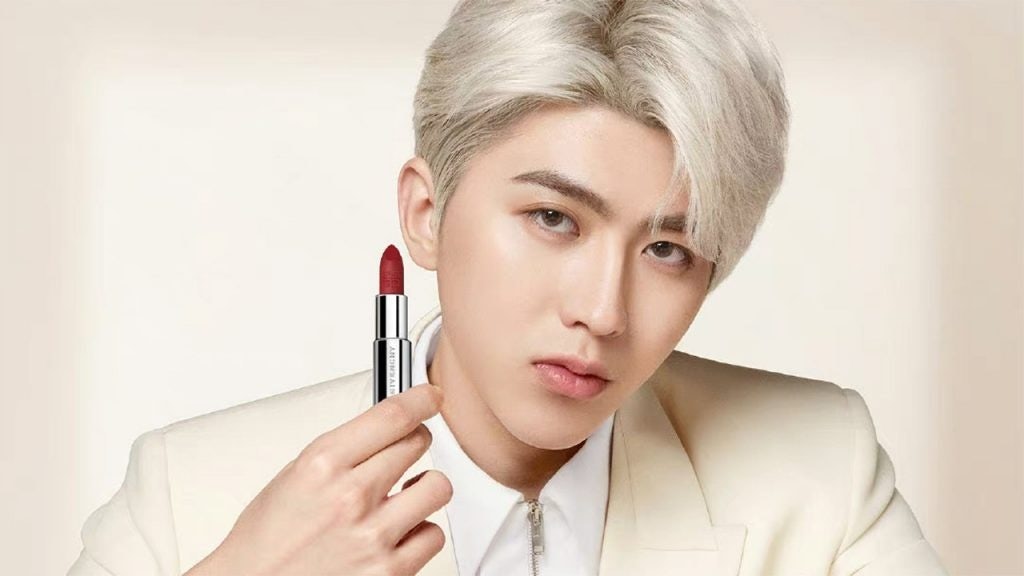
According to the AI and data-driven agency Re-Hub’s report, the size of the Daigou market reached 57 billion (400 billion RMB) in 2020. Though tightening government regulations and the pandemic dealt a blow to its growth, this gray market could see some recovery now that borders have reopened.
Indeed, not everyone agrees with LVMH’s strategy. A2 Milk’s CEO David Bortolussi believes that “the Daigou channel, through one-to-one word of mouth recommendation, is a really powerful form of new user recruitment and communicating our brand messaging through the market more generally. So it’s a really important and effective channel we want to support.”
Let’s take a look at how brands can better navigate this often fraught and uneasy relationship with China’s Daigou.
Where do Daigou buy from?#
Daigou mainly shop at duty-free stores to offer better prices to their consumers. “Many people want to use luxury skincare, but the counter retail prices are way too expensive. The offers we get abroad are much cheaper. And we don’t add much margin, so our price is much more competitive than that of the counters,” reveals a Wenzhou-based beauty Daigou (speaking on the condition of anonymity) who has been in the sector for over 10 years to Jing Daily.
"The offers we get abroad are much cheaper. And we don’t add much margin, so our price is much more competitive than that of over the counters."
In the past, professional resellers used to travel to neighboring countries like South Korea and Japan to purchase tax-free luxury and beauty goods. Others — overseas students and expats — directly shipped products from Europe and the U.S. to China.
When the pandemic outbreak and travel restrictions were imposed, Daigou shifted their focus to the domestic tax-free island of Hainan. According to a report by Bain & Co., the price of luxury beauty cosmetics in Hainan is 30-55 percent lower than the full retail price. Plus, travel retailers also provide additional promotional discounts of 20-35 percent for some brands. The impressive price gap resulted in a lucrative opportunity for these surrogate shoppers. Although borders have reopened, Hainan remains a top destination for Daigou.
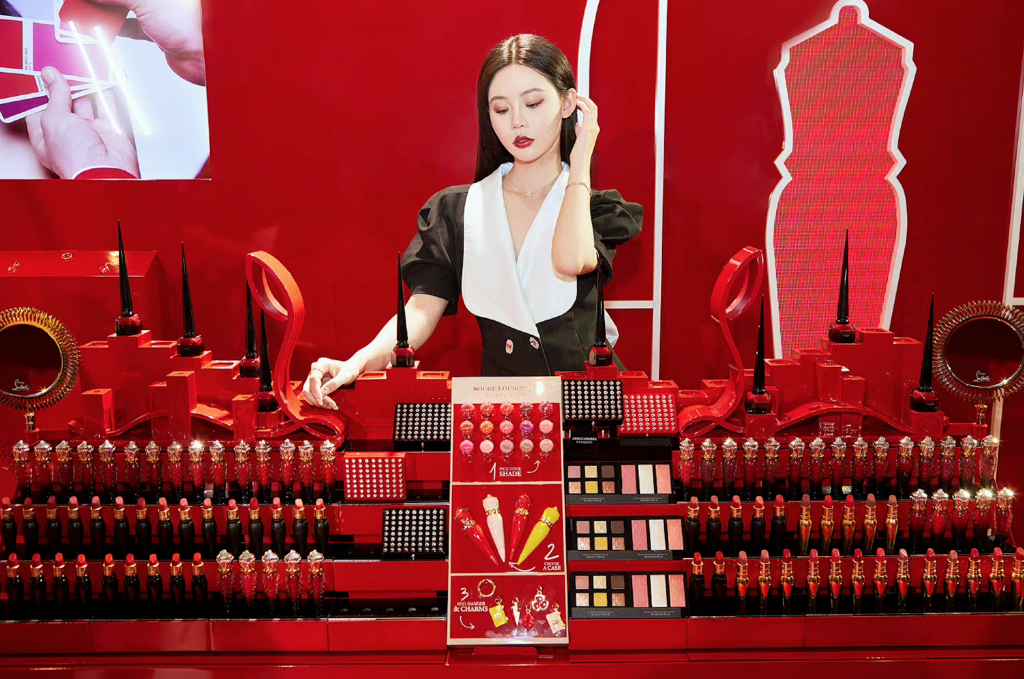
A honey trap for brands?#
Surrogate shoppers have allowed a broader audience to learn and access high-end skincare and cosmetics. Their core strength is the relationship and trust they have built with their consumers.
“At present, Daigou trade has become one of the common and daily channels for Chinese consumers to purchase beauty products. Even many brands regard this parallel channel as part of their sales strategy. The blow to it is bound to have a significant impact on revenue,” says Danni Liu, founding partner at the Chinese marketing agency iBlue Communications.
That said, Daigou also play a crucial role in raising brand awareness and educating consumers, especially useful for new entrants in China, where word of mouth is key to capitalizing on the market.
However, when it comes to luxury brands whose exclusive aura is built on crafted pricing strategies and limited stocking, Daigou’s presence means diluting that privilege for the few who can afford it.
These professional resellers are often independent individuals circumnavigating the tax system to profit from the price differences. Brands have no control over them and cannot access their consumer data and insights. The potential price confusion they create can have fatal consequences for a brand’s image.
Moreover, the risk of having counterfeits in circulation due to dishonest Daigou could cause reputational damage. “Especially for ready-to-wear and jewelry brands, a tightened control on Daigou trade is essential to preserve the brand capital,” warns Liu.
Daigou clients will not buy from brand counters#
The Daigou sector faces increasing setbacks as relevant government departments and brands crack down on the gray market. In Hainan, warning signs against reseller agents are everywhere, and more advanced technologies like trackable QR codes have been implemented to detect them. Since 2019, Daigou have been required by law to register as a business and pay taxes, but many choose to declare their imports as personal items to avoid these costs.
Yet, the question to businesses is whether the eradication of Daigou will route local consumers to purchase at the mainland’s counters. The veteran beauty Daigou from Wenzhou doubts it.
“The customer base is very different. Clients who pay attention to service and experience will still buy at the counter. They are generally wealthy ladies. The surplus is indifferent to them. Instead, our customers are mainly white collars and young mums. Even if there won’t be Daigou, they won’t buy from counters but other discounted channels, like livestreaming or group buying outlets,” she says.
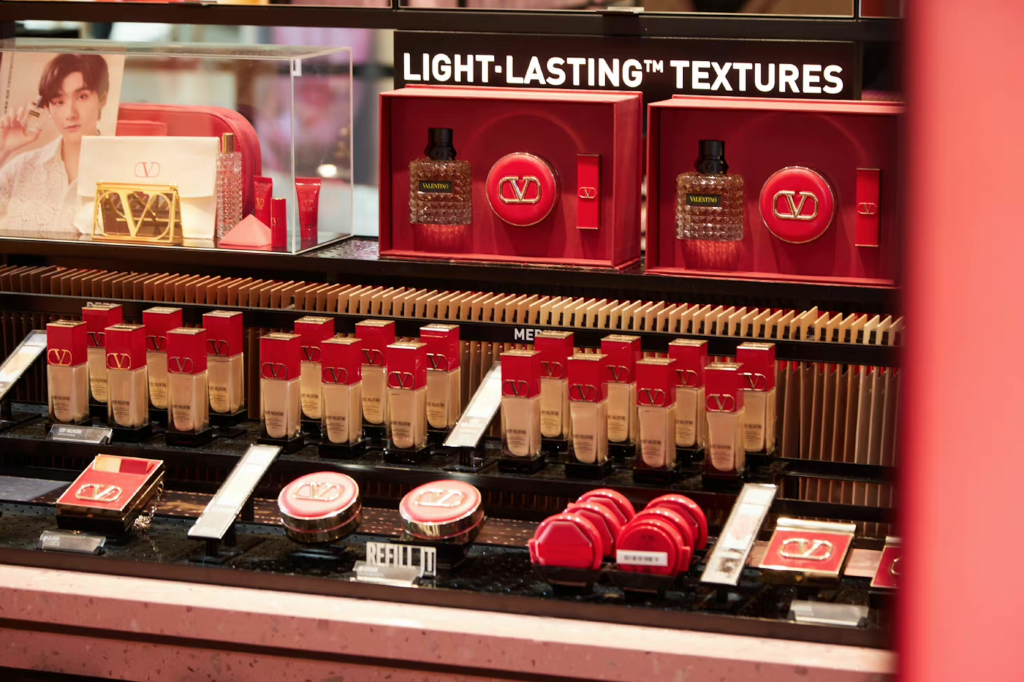
In China, demand for Daigou remains high. In July 2020, the Hainan Free Trade Port implemented a series of policy bonuses: The annual tax-free shopping quota per person for Hainan tourists was raised from 4,400 (30,000 RMB) to 15,000 (100,000 RMB). Still, the quota is far from enough for Daigou who purchase in bulk. A Hainan reseller nicknamed Caicai shares that she usually spends 220-300 (1,500-2000 RMB) to buy additional quotas from travelers or locals.
Combatting Daigou: A losing battle for brands?#
Groups like Estée Lauder are making intensive internal adjustments on duty-free price control to directly take care of their retail travel division (many beauty labels’ duty-free stores are managed by a separate subsidiary). On January 21, Estée Lauder registered Estée Lauder Travel Retail Services (Hainan) Co., Ltd. in Haikou Comprehensive Free Trade Zone.
Meanwhile, brands like Helena Rubenstein are harmonizing their pricing strategy. This year, its duty-free discounts were reduced to a maximum of 20 percent.
“Whether it is to reject Daigou trade or push for price harmonization, brands are just working from a price latitude,” states Liu. “But to attract consumers to purchase at a full-retail price, they should invest in all-round services and user experiences that are irreplaceable by Daigou.” The Wenzhounese Daigou shares, “The counters offer gift boxes, samples, and special treatment. This is something we can’t give to our customers.”
According to the latest Bain report, the top 2 percent of wealthy consumers were responsible for 40 percent of luxury sales worldwide in 2022. Brands should double down on exclusive treatments for their customers to build long-term loyalty. But most importantly, they need to create an aspirational lifestyle for those still purchasing from Daigou, showing them that a real luxury experience can only be had at official stores.
